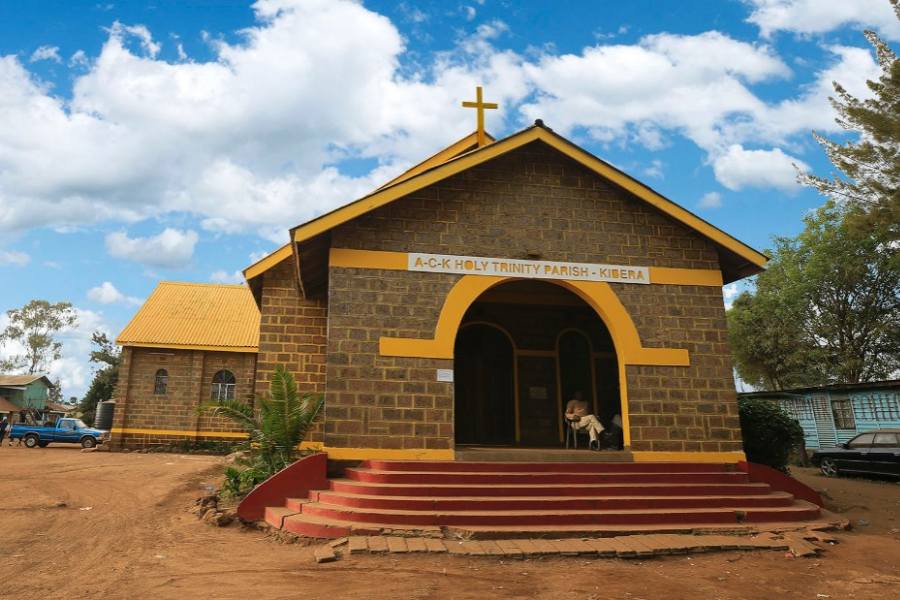Last Thursday, I attended the burial of Dr. Gershon Mwiti, an exceptional leader and a prominent member of the Methodist Church. He had known me since my childhood and always had powerful advice for me. He often told me in no uncertain terms that, ‘you can only slay the dragon of corruption through the sword of courage.’ In a recent interview, Dr. Mwiti proclaimed words that should resonate loudly with every Kenyan of goodwill, “we must hate all that is evil, corrupt and damaging.”
Incidentally, during his burial there were damaging public remarks concerning ongoing wrangles in the Methodist Church. While it’s easy for other non-Methodist Christians to regard these public rows in the Methodist Church with indifference, the truth is that several other mainstream denominations are also undergoing divisive strife.
Last year during the Anglican Church’s Lambeth Conference, there were glaring differences occasioned by matters of sexuality. So glaring were these differences that Anglican leaders from Nigeria, Rwanda and Uganda boycotted the conference.
Evidently, there are severe doctrinal and leadership differences within Christian denominations and between them. These differences are playing out in the public, further dividing congregants.
When the Church is preoccupied with putting out internal fires, they lose sight of societal furnaces that need to be extinguished.
For instance, our nation is going through a silent epidemic of mental illness, a situation that is mirrored across the world. According to the World Health Organisation, 1 in every 8 people in the world live with a mental disorder. Such disorders are characterized by conditions like depression and extreme anxiety. Just last Wednesday, I attended the burial of a close male friend of mine who committed suicide. Thankfully, his family honored his legacy, which includes his struggles, by openly addressing the cause of his death. Indeed, we should stop shaming victims of depression and other forms of mental illness.
Men are more prone to commit suicide than women. A World Health Organization (WHO) Report revealed that in 2017, 421 Kenyans committed suicide. Out of these, 330 were men. This trend remains the same six years later as men continue to take their lives more than women. Last week alone there were three suicides and a murder in a Kiambu village in one night. It is no wonder that WHO states that 730,000 people commit suicide annually.
The Church and other Faith Institutions must be on the forefront of putting out this fire of depression before it burns down more lives. Faith leaders are spiritual guardians who are charged with the responsibility of ensuring the spiritual wellbeing of their congregants. Such spiritual wellbeing is a strong antidote against depression and anxiety.
The Church cannot undertake this critical responsibility if it is undergoing perennial infighting.
In his first letter to the Corinthians, Paul admonishes them to cease dividing themselves into cliques that purport to follow either him or Apollos. He proceeds to remind them in the sixth verse that, ‘I planted the seed, Apollos watered it, but God made it grow.’
The predominant focus of faith institutions should therefore be God not leader X or Y. Even legitimate leadership wrangles should be resolved in a way that doesn’t pressurize the faithful to take sides between the said leaders X or Y.
Given the enormity of the mental health challenges that we are facing, Faith Institutions should in fact be unifying their efforts to combat mental disorders.
We cannot afford to lose more lives because of mental illness. Faith leaders and adherents must join hands to promote the mental health that is at the heart of spiritual wellbeing. Even as we do so through different doctrinal and religious pathways, we should not lose sight of the fact that it is God who waters our spirits and shields us from the kind of depression and anxiety that is snuffing out lives. Think green, act green.



